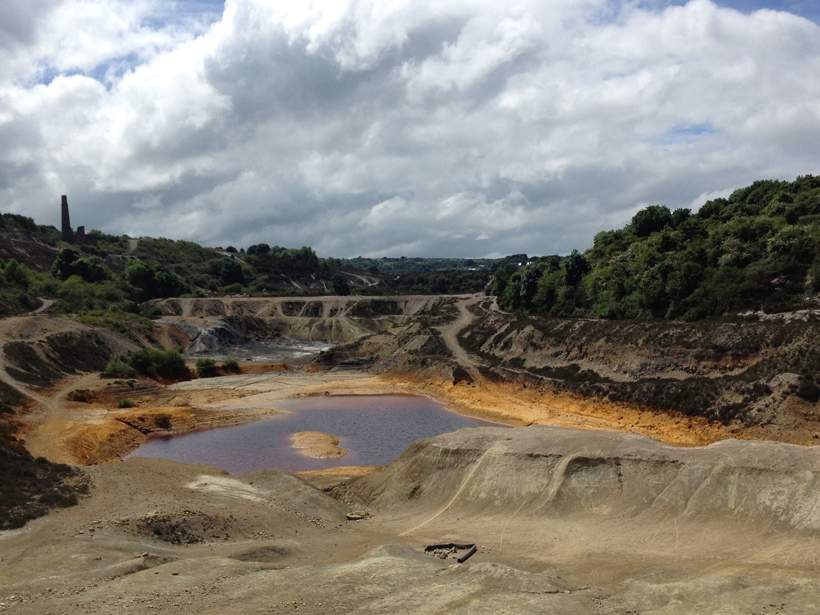Recent mine tailings dam failure disasters in Brazil and Canada have devastated surface environments and resulted in hundreds of deaths. These have been widely reported in the media and raised concerns about mining among the public and the Earth and environmental science community. A special collection in the journal GeoHealth will bring together the most up-to-date research under the theme Mining and Planetary Health.
Mining is a vital part of the global economy, providing metals and minerals, jobs, and other benefits, but can cause environmental pollution, health problems for ecosystems and humans, loss of biodiversity, and habitat alterations.
Mining is a vital part of the global economy, providing metals and minerals, jobs for local people and an international workforce, and benefits for national and local economies.
It also maps directly and indirectly on all 17 of the Sustainable Development Goals by providing, for example, the resources for renewable energy, innovation and infrastructure, and life on land.
However, mining can also cause environmental pollution and related health problems for ecosystems and humans [Plumlee and Morman, 2011; Zhang et al., 2012], and result in loss of biodiversity and habitat alterations [Sonter et al., 2018].
Nonetheless, plants and biota can adjust to the environmental conditions caused by mining pollution. For example, worms have adapted to the presence of historic lead-bearing mine wastes in Wales, UK [Andre et al., 2010], while metal-tolerant ‘metallophyte’ plants have evolved to grow and thrive in mining-contaminated soils in Australia [Paul et al., 2018].
Mining is essential today as it provide the raw materials we need for the sustainable clean energies and digital technology industries that will help to create a low-carbon economy [Arrobas et al., 2017]. To ensure that new mining activities do not create new problems, we must identify the impacts that these activities have had on planetary health and the ways in which they can be reduced or prevented.
The Mining and Planetary Health special collection will showcase new research, highlight areas of concern, and report success stories.
The Mining and Planetary Health special collection in AGU’s open access journal, GeoHealth, will showcase new research that summarizes the state of current knowledge of mining and planetary health, highlight areas of particular concern that require urgent action and further research, and report success stories that hold promise for contemporary and future environmental protection.
One of the first papers published in the special collection exemplifies this: Phenrat [2020] reports on a successful community citizen science study on spontaneously combusting coal-mine waste heaps in Myanmar that underpinned development of a risk management plan to protect individuals and communities.
We welcome manuscripts on research that report on these and other aspects of mining and planetary health. We encourage transdisciplinary submissions involving geoscientists, human health researchers, ecologists, microbiologists, geographers, chemists, social scientists, environmental futures and sustainability scientists and other disciplines. Papers can be submitted until 31 December 2021.
—Karen A. Hudson-Edwards ([email protected]; ![]() 0000-0003-3965-2658), Editor, GeoHealth
0000-0003-3965-2658), Editor, GeoHealth
Citation:
Hudson-Edwards, K. (2020), Exploring the impacts of mining on planetary health, Eos, 101, https://doi.org/10.1029/2020EO146319. Published on 29 June 2020.
Text © 2020. The authors. CC BY-NC-ND 3.0
Except where otherwise noted, images are subject to copyright. Any reuse without express permission from the copyright owner is prohibited.

